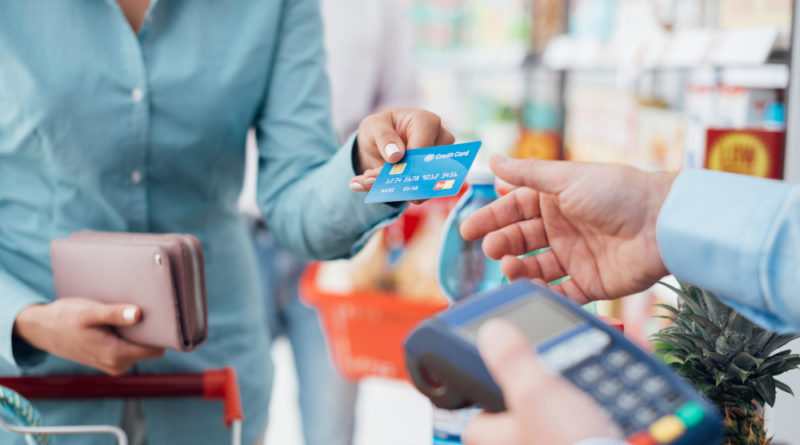How To Use A Credit Card Responsibly!?
Yes, credit cards can be dangerous. But credit cards are also a powerful tool if you know how to use them responsibly.
Between the ages of 18 and 25, I racked up nearly $80,000 of debt—about half of it on credit cards—before aggressively paying it all off in about three years.
You might think that experience would have made me a debit and cash guy for life. As it turns out, I still pay for nearly everything with credit cards. I just use credit cards responsibly now—I pay them in full each and every month.
How credit cards work
A credit card is a revolving line of credit that allows you to make charges at any time up to the amount of a specific credit limit.
When you swipe your credit card, your bank loans you the money to make that purchase. Unlike a loan, which has a fixed end date and regular monthly payments, with a credit card, you choose how much to repay each month—a minimum payment, a partial payment or your entire balance. With few exceptions, responsible credit card users always pay their balances in full every month.
After you make a purchase with your credit card, the bank gives you a grace period—typically between 20 and 30 days—during which you can pay off that purchase before interest begins to accrue.
Grace periods are powerful because they give you the opportunity to use your credit card as a short but interest-free loan. As long as you pay every penny you charged last month before the due date, you won’t pay interest on credit card purchases.
Sooner or later, however, many people do not pay their credit card balance in full each month, turning their credit card into a revolving credit line. Finance charges (interest) then accumulate on the unpaid credit card balance each month.
Best case, a little credit card debt costs a few hundred dollars in interest before you escape. Worst case, you depend more and more on credit cards to keep pace with damage caused by using them in the first place. Failure to make payments makes your credit score plummet. You have trouble getting a car loan or an apartment lease. You might even end up in bankruptcy.
Ultimately, it ends nowhere good.
For all the above reasons, young adults today approach credit cards with extreme caution. In fact, a recent Bankrate study made the surprising discovery that only about one-third of millennials take part in what is commonplace for the majority of people in the over-30 crowd.
Yet, equating credit cards with debt can make you miss out on certain benefits. A credit card can be an important financial tool that makes life easier and helps you improve your credit rating — all without costing you a dime.
Of course, sometimes the opposite is true. We all know someone (me) who got into big trouble by using credit cards the wrong way.




